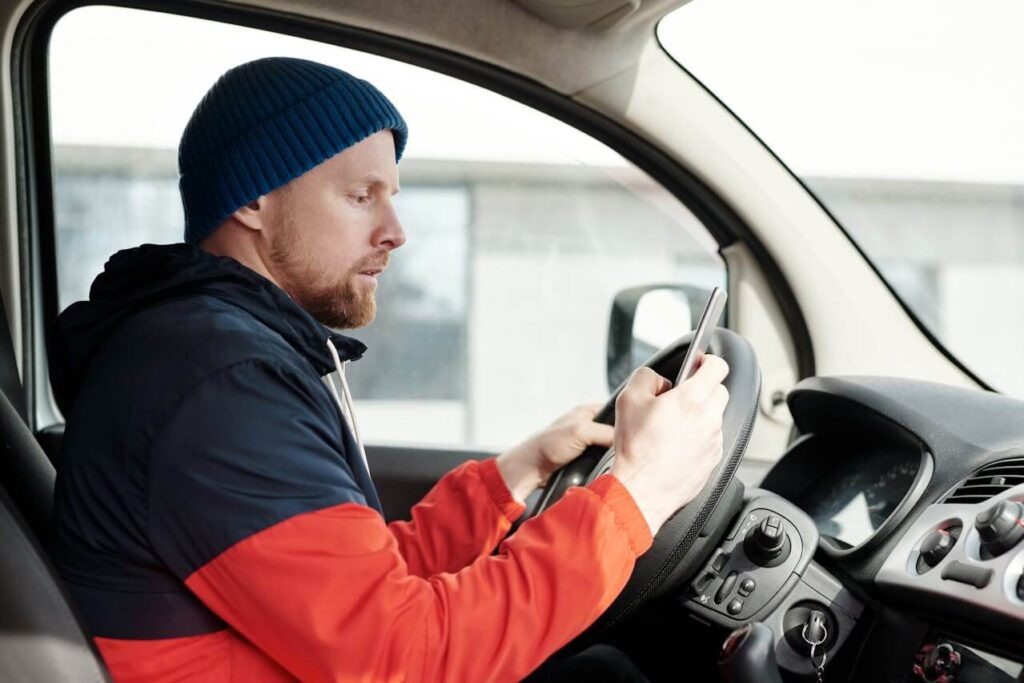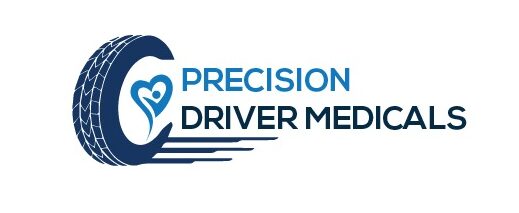Explore how various medical conditions can impact driving eligibility in UK with expert guidance from Precision Driver Medicals. Learn the key factors that affect your driving license.
Medical Conditions Affecting Driving Eligibility in the UK
Driving in the UK requires not only skill but also good health. Various medical conditions can affect your ability to drive safely, so understanding how these conditions impact your driving eligibility is crucial. At Precision Driver Medicals, we specialize in assessing drivers’ medical fitness, ensuring they meet DVLA standards.
Understanding the DVLA Medical Standards of Fitness to Drive
The Driver and Vehicle Licensing Agency (DVLA) sets specific medical standards to ensure that all drivers on the road are fit to operate vehicles safely. Here’s what you need to know:
- Vision: Adequate visual acuity and peripheral vision are mandatory.
- Neurological Conditions: Conditions like epilepsy or severe head injuries can affect your driving.
- Mental Health: Disorders such as depression or anxiety that significantly impair your cognitive functions may require assessment.
- Physical Disabilities: Any physical disability that affects driving must be reported, but many can drive safely with vehicle modifications or restrictions. This reassurance can encourage you to explore driving options even with a physical disability.
- Heart Diseases: Certain cardiovascular conditions could pose risks while driving.

Common Conditions that May Affect Your Driving
- Diabetes: If managed well, most diabetics are still eligible to drive unless they are prone to severe hypoglycemic episodes.
- Sleep Apnoea: A condition that could cause unexpected drowsiness during driving.
- Age-related Decline: As we age, various cognitive and physical faculties decline, which might affect driving abilities.
- Substance Dependency: Dependency on alcohol or drugs can not only affect your driving but also disqualify you from holding a license.
Steps to Take if You Have a Medical Condition
- Consult Your Doctor: Always get a professional opinion on how your condition might affect your driving.
- Inform the DVLA: It is legally required to inform the DVLA of any medical condition affecting your driving ability.
- Schedule a Medical Assessment: At Precision Driver Medicals, we can provide a comprehensive assessment that helps you understand your driving capabilities.

The Role of Precision Driver Medicals
At Precision Driver Medicals, we play a crucial role in the community by helping drivers with medical conditions assess and understand their driving capabilities. Our services ensure that all drivers on the road comply with legal standards and are aware of how their health might impact their driving safety. We offer:
- Professional Assessments: Conducted by experienced medical practitioners, our assessments are thorough and reliable, providing you with a clear understanding of your driving capabilities.Advice and Guidance: Helping you navigate through DVLA regulations.
- Support for All Drivers: We’re here to assist you whether you’re a private hire driver or operating a heavy goods vehicle.
Driving with Confidence: Knowing When You’re Medically Fit
Understanding and complying with medical standards is not just about legality; it’s about ensuring your safety and the safety of others on the road. By staying informed and proactive about your medical conditions, you can maintain your driving independence while ensuring safety.
- You must stop driving temporarily and report the condition to the DVLA. Driving can resume only after medical clearance and, possibly, a re-assessment of your driving skills.

Top 10 FAQs on Driving Eligibility in the UK
What medical conditions must be reported to the DVLA?
Conditions like epilepsy, diabetes, heart conditions, mental health issues, and any other condition affecting your ability to drive safely must be reported.
How do I report a medical condition to the DVLA?
Reporting a medical condition to the DVLA is a straightforward process. You can do it online via the DVLA website or by filling out the appropriate paper form and mailing it to the agency.
What happens after I report a medical condition?
After you report a medical condition, the DVLA may ask for additional medical information, require a medical examination, or, in some cases, issue a driver’s license with restrictions based on your condition. This process ensures that you can continue to drive safely and responsibly.
Can I still drive while my fitness to drive is being assessed?
It depends on your medical condition. You may need to stop driving for some conditions until a decision is made.
What is a DVLA medical examination?
It’s an assessment conducted by a medical professional to determine if you’re medically fit to drive. It might include vision tests, cognitive assessments, and other relevant health checks.
How often do I need to renew my driving license if I have a medical condition?
License renewal frequency can vary based on the medical condition, from one year to up to ten years.
What can I do if the DVLA revokes my driving license?
If your medical condition improves and you meet the fitness to drive standards, you may appeal the decision or reapply for your license.
Are there special provisions for drivers over 70 with medical conditions?
Drivers over 70 must renew their license every three years and declare any medical conditions, with additional assessments if necessary.
How does diabetes affect my driving eligibility?
If you manage your diabetes through diet or tablets, you may not need to inform the DVLA, but if insulin is used, it must be reported.
Can I drive after a stroke or other neurological condition?
You must stop driving temporarily and report the condition to the DVLA. Driving can resume only after medical clearance and, possibly, a re-assessment of your driving skills.


